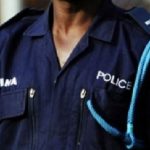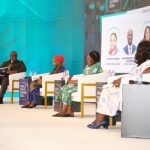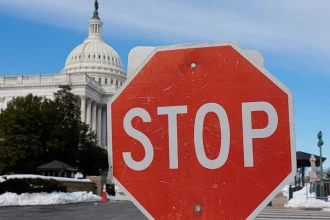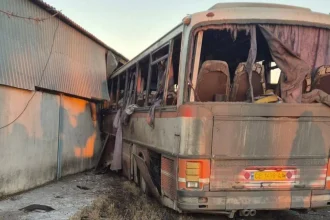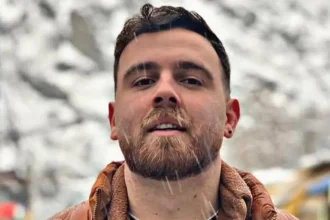WHO experts will travel to China to work together with their Chinese counterparts to prepare scientific plans for identifying the zoonotic source of the SARS-COV-2 virus.
The experts will develop the scope and TOR for a WHO-led international mission.
Identifying the origin of emerging viral disease has proven complex in past epidemics in different countries.
“A well-planned series of scientific researches will advance the understanding of animal reservoirs and the route of transmission to humans.
“The process is an evolving endeavour which may lead to further international scientific research and collaboration globally,” WHO announced in a statement on it website.
The novel coronavirus was first identified in Wuhan, China, in December 2019.
WHO declared the outbreak a Public Health Emergency of International Concern on January 30, 2020, and a pandemic on March 11.
As at Friday, July 1, a total of 12,423,878 cases had been confirmed with 558,153 deaths, according to worldometer.com.
By the same time, 7,246,379 had recovered.
Meanwhile,WHO Director-General Tedros Adhanom Ghebreyesus has disclosed the initiation of the Independent Panel for Pandemic Preparedness and Response (IPPR) to evaluate the world’s response to the COVID-19 pandemic.
In remarks to WHO Member States, he said the Panel will be co-chaired by former Prime Minister of New Zealand Helen Clark and former President of Liberia Ellen Johnson Sirleaf. Prime Minister Clark went to on lead the United Nations Development Programme and President Sirleaf is a recipient of the Nobel Peace Prize.
Operating independently, they will choose other Panel members as well as members of an independent secretariat to provide support.
“Prime Minister Clark and President Sirleaf were selected through a process of broad consultation with Member States and world experts. I cannot imagine two more strong-minded, independent leaders to help guide us through this critical learning process.” said Dr. Tedros in his speech.
At the historic 73rd World Health Assembly in May, Member States adopted a landmark resolution that called on WHO to initiate an independent and comprehensive evaluation of the lessons learned from the international health response to COVID-19.
“This is a time for self-reflection, to look at the world we live in and to find ways to strengthen our collaboration as we work together to save lives and bring this pandemic under control,” said Dr Tedros. “The magnitude of this pandemic, which has touched virtually everyone in the world, clearly deserves a commensurate evaluation.”
Dr Tedros proposed that a Special Session of the Executive Board be called in September to discuss the Panel’s progress. In November the Panel will present an interim report at the resumption of the World Health Assembly.
In January 2021, the Executive Board will hold its regular session, where the Panel’s work will be further discussed; and in May of next year, at the World Health Assembly, the panel will present its substantive report.
The Director-General noted that the Independent Oversight and Advisory Committee for the WHO Health Emergencies Programme will also continue its existing work.
“Even as we fight this pandemic, we must be readying ourselves for future global outbreaks and the many other challenges of our time such as antimicrobial resistance, inequality and the climate crisis,” said Dr Tedros. “COVID-19 has taken so much from us. But it is also giving us an opportunity to break with the past and build back better.”






